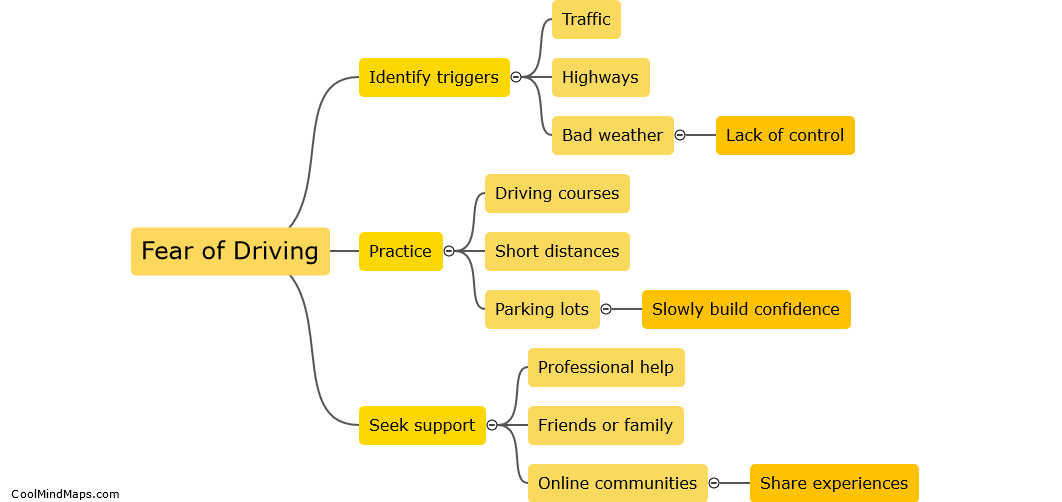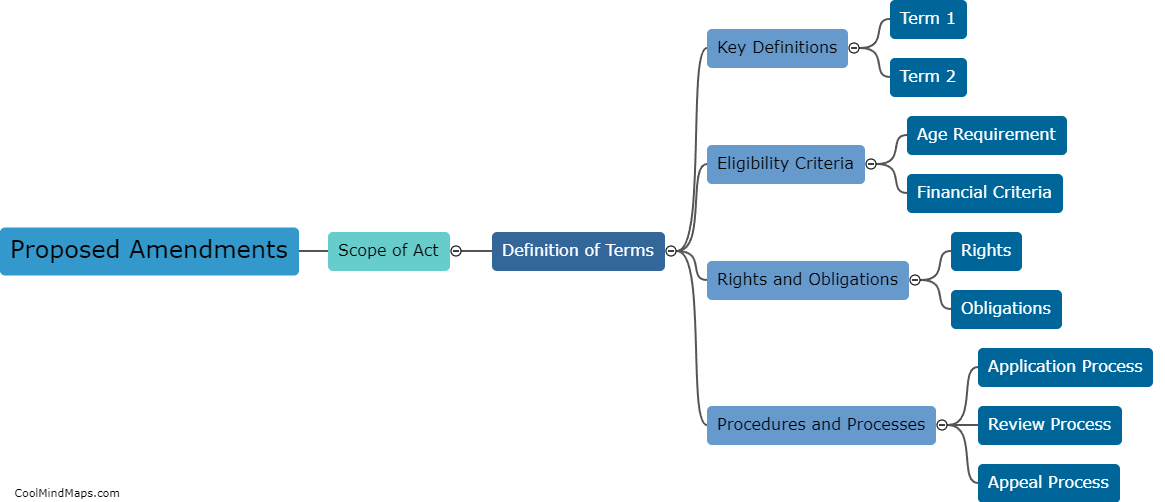How will the reform contribute to sustainable development in Nepal?
The implementation of reform measures in Nepal holds great potential to contribute to sustainable development in the country. By focusing on key sectors such as agriculture, energy, and education, the reform aims to address crucial development challenges and promote long-term sustainability. Enhancing agricultural practices can improve food security, increase farmers' income, and reduce rural poverty. Introduction of clean energy solutions can reduce reliance on fossil fuels and promote environmental conservation. Furthermore, investing in education can empower individuals, foster innovation, and drive economic growth. Overall, the reform's comprehensive approach aligns with the principles of sustainable development, providing an opportunity for Nepal to achieve social, economic, and environmental progress.

This mind map was published on 28 November 2023 and has been viewed 84 times.











